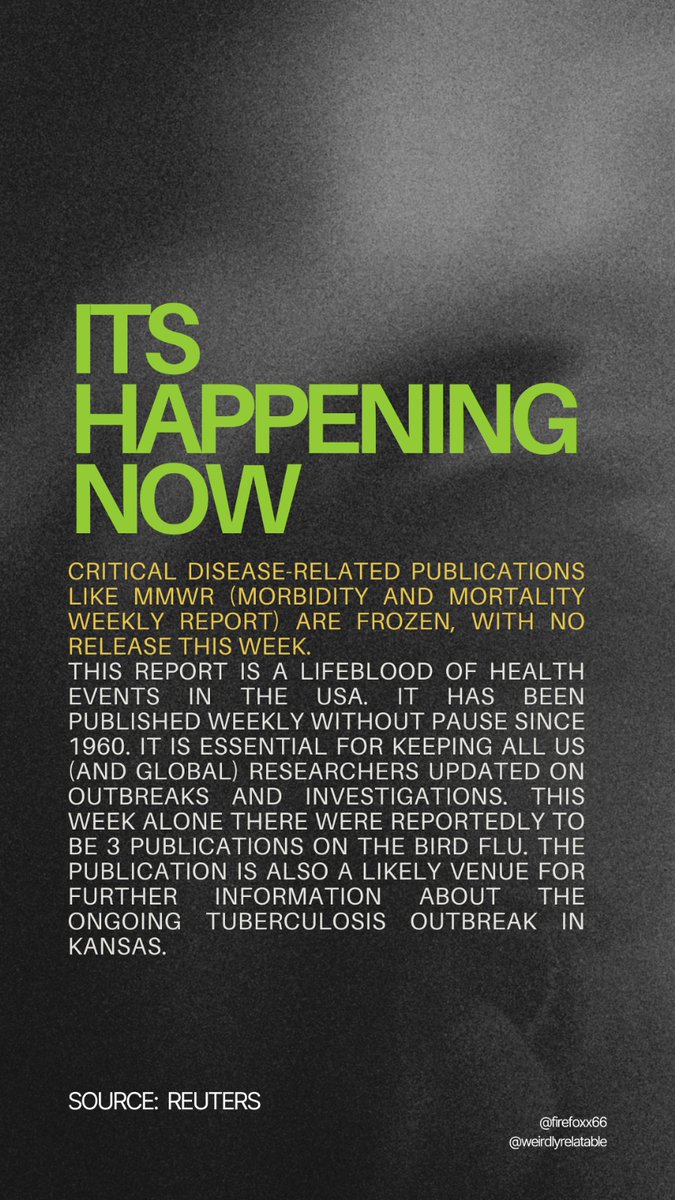🎉CoVariants.org update! 🎉
4 new variants & focal builds added:
- 21G (Lambda) (C.37)
- 21H (B.1.621)
- 20B/S:732A (B.1.1.519)
- 20A/S:126A (B.1.621)
Also - we have awesome new flags on the Per Country page! 🏁🚩
Let's take a closer look...👀
1/10
4 new variants & focal builds added:
- 21G (Lambda) (C.37)
- 21H (B.1.621)
- 20B/S:732A (B.1.1.519)
- 20A/S:126A (B.1.621)
Also - we have awesome new flags on the Per Country page! 🏁🚩
Let's take a closer look...👀
1/10
21G (Lambda) was recently classified a VoI by @WHO & included in @nextstrain builds. It seems to originate in South America - we can see its prevalence in countries like Chile, Argentina, Ecuador, & Peru (purple-pink):
2/10
2/10

Looking at the focal build, we can see that 21G (Lambda) has also been found in North America, Europe, the Middle East, and Australia.
Lambda has a unique 7 AA deletion in Spike, & a mutation at S:L452Q.
3/10
nextstrain.org/groups/neherla…
Lambda has a unique 7 AA deletion in Spike, & a mutation at S:L452Q.
3/10
nextstrain.org/groups/neherla…
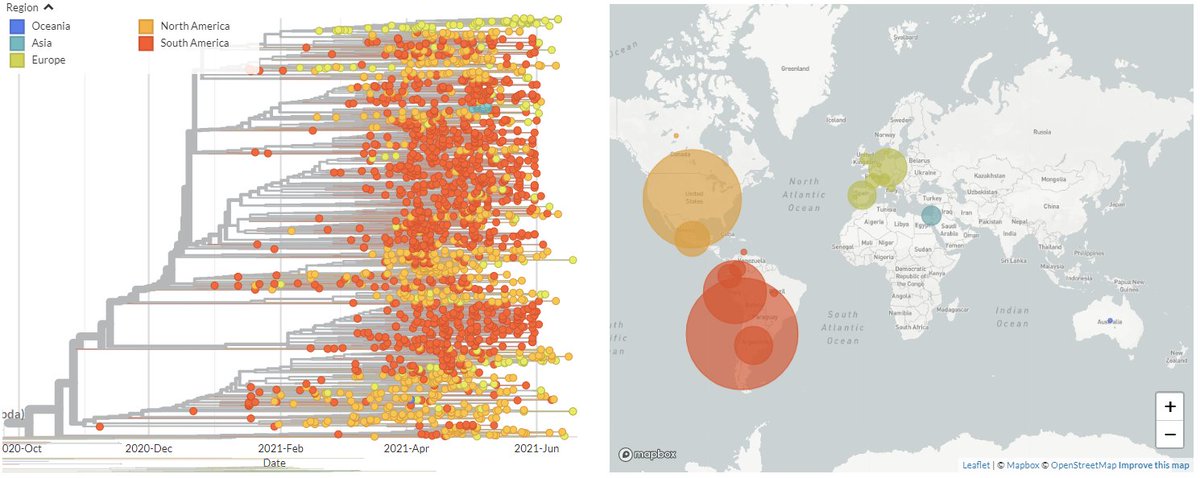
21H (B.1.621) also seems to originate from South America, and has been particularly dominant in Columbia, Aruba, Curacao, & Bonaire (yellow).
It shares multiple spike mutations with other VoC/VoI, including T95I, 484K, 501Y, 681H & 950N.
4/10
It shares multiple spike mutations with other VoC/VoI, including T95I, 484K, 501Y, 681H & 950N.
4/10
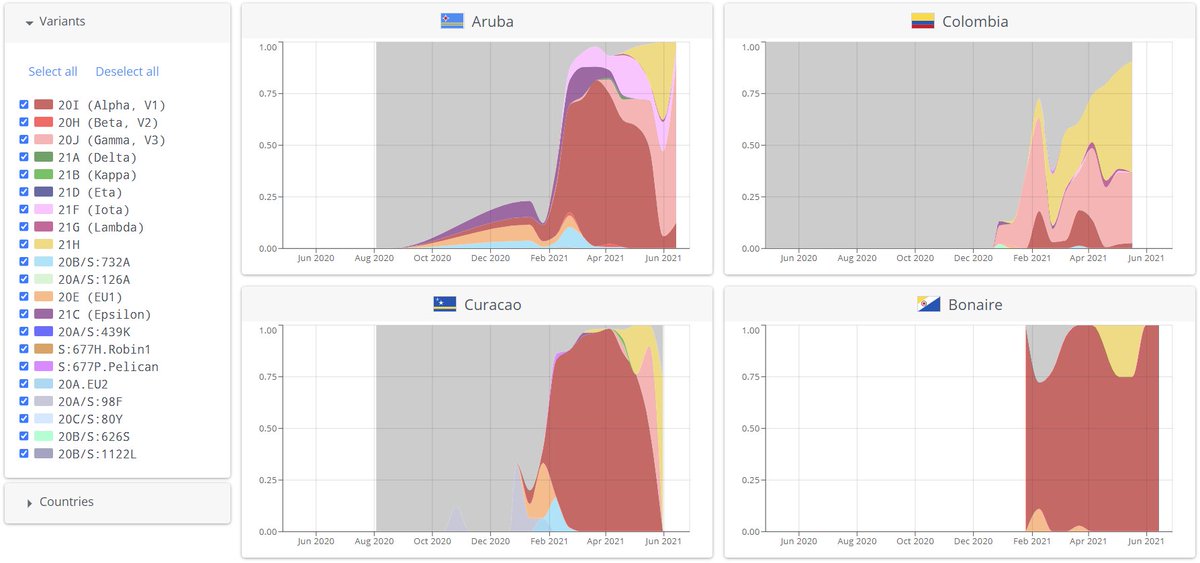
Looking at the focal build, we can see 21H has also been found in the USA, Mexico, Hong Kong, & much of Europe (though it's only a small number of sequences in these places).
5/10
nextstrain.org/groups/neherla…
5/10
nextstrain.org/groups/neherla…
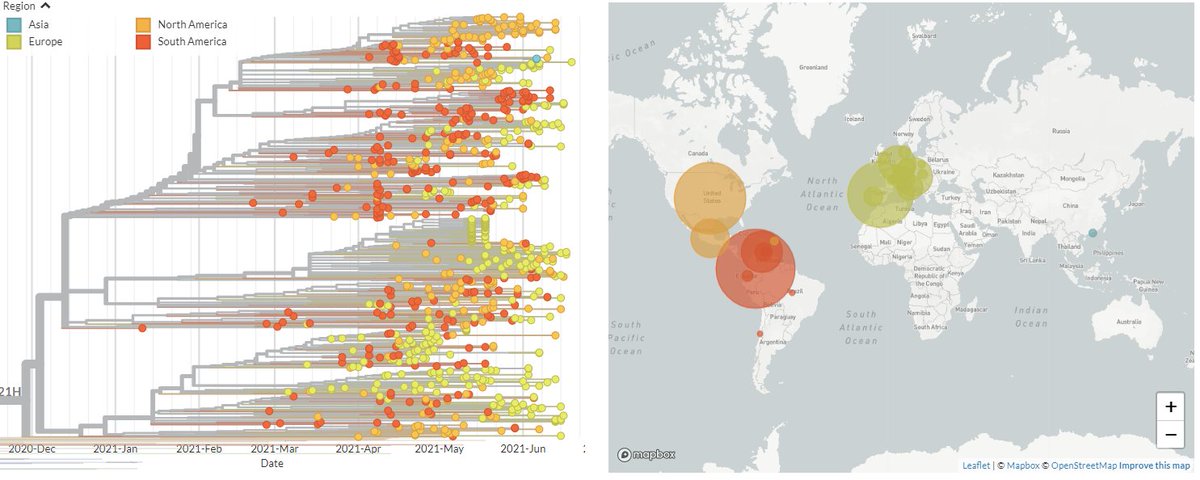
20B/S:732A (B.1.1.519) (bright blue) seems to have originated in North America, & quickly dominated in Mexico by early 2021. It also spread in the US, & rose in frequency considerably in a few states.
20B/S:732A has since been pushed out by the VoCs.
6/10

20B/S:732A has since been pushed out by the VoCs.
6/10


In the 20B/S:732A focal build, we can see the variant has also been seen in Europe, & a couple of times in Australia and Israel.
20B/S:732A shares the S:T478K mutation with Delta and a S:P681H mutation with other VoC/VoI (some of which have P681R).
7/10
nextstrain.org/groups/neherla…
20B/S:732A shares the S:T478K mutation with Delta and a S:P681H mutation with other VoC/VoI (some of which have P681R).
7/10
nextstrain.org/groups/neherla…

20A/S:126A (B.1.620) likely originated in Africa, possibly Cameroon (unfortunately not visible on CoVariants). We can see it (mint green) in Lithuania, South Korea, Hong Kong & Ghana, as well as detected in the USA (focal build) & across Europe
8/10
nextstrain.org/groups/neherla…

8/10
nextstrain.org/groups/neherla…
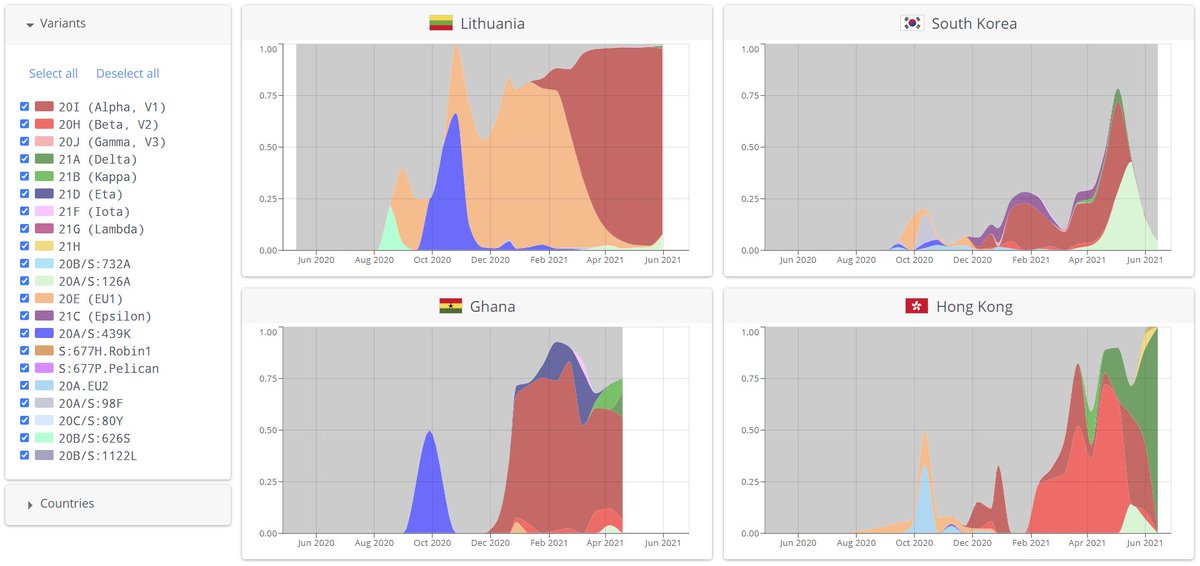
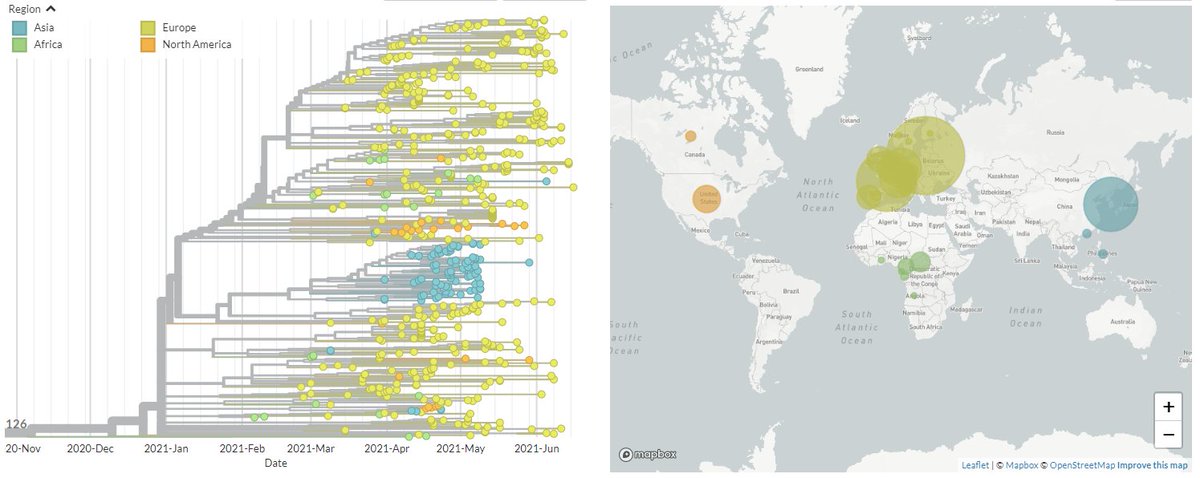
20A/S:126A really stands out when it comes to spike mutations, sharing 11 mutations/deletions with other VoC/VoI, as well as S:S477N, which is found in 20A.EU2.
You can read more about 20A/S:126A in this thread by @evogytis:
9/10
covariants.org/shared-mutatio…
You can read more about 20A/S:126A in this thread by @evogytis:
https://twitter.com/evogytis/status/1391721319444754434
9/10
covariants.org/shared-mutatio…

Finally - as has already been visible in the screenshots - there are now wonderful flags on the Per Country page!
Big thanks to @richgoater for making this happen! 👏🏻🥳
We hope to work on regional flags next! 😁
10/10
covariants.org/per-country
Big thanks to @richgoater for making this happen! 👏🏻🥳
We hope to work on regional flags next! 😁
10/10
covariants.org/per-country
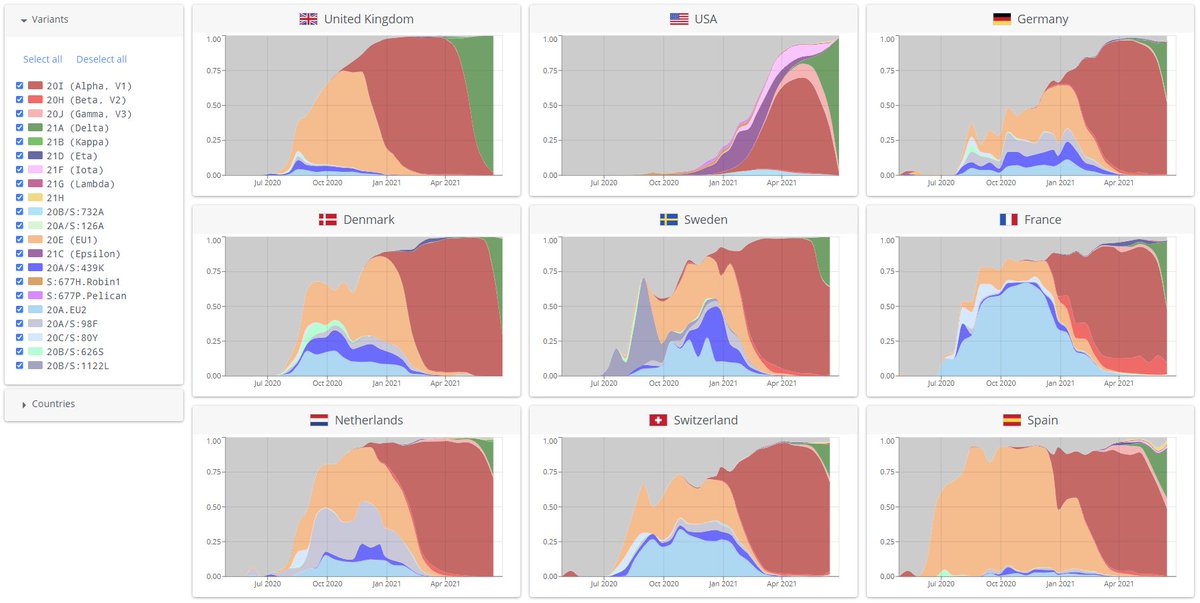
• • •
Missing some Tweet in this thread? You can try to
force a refresh



